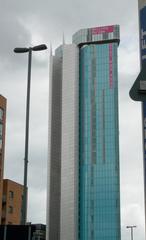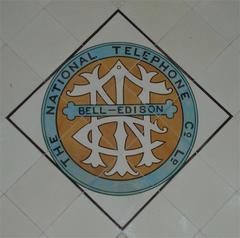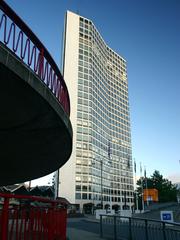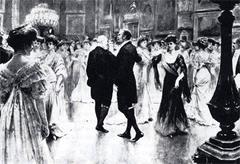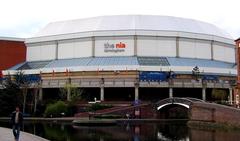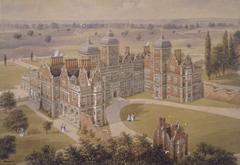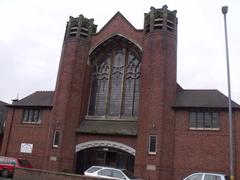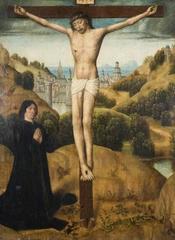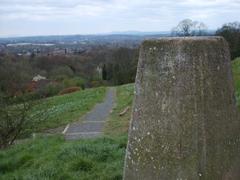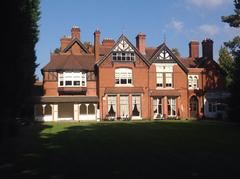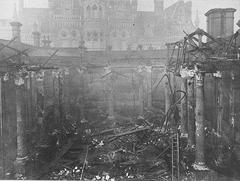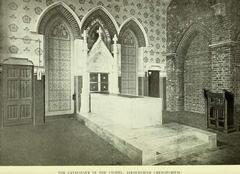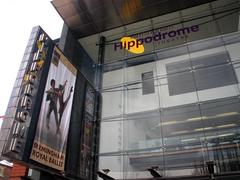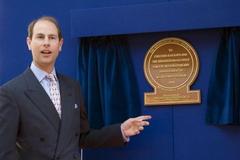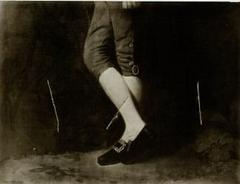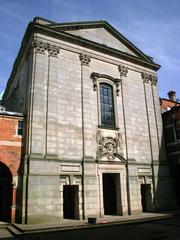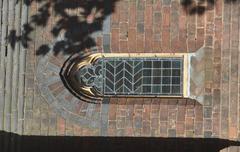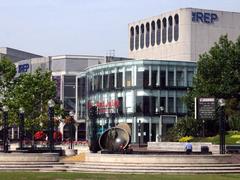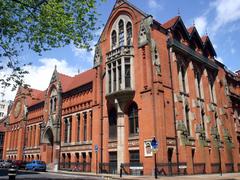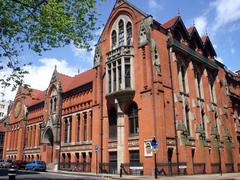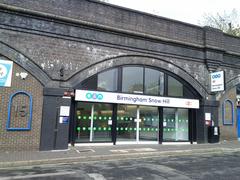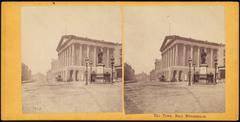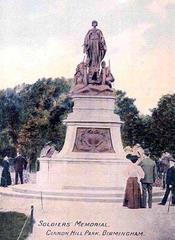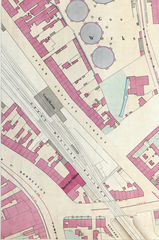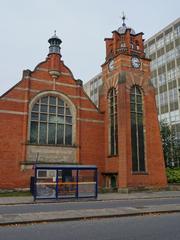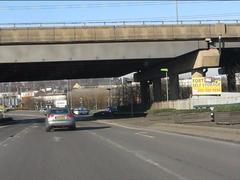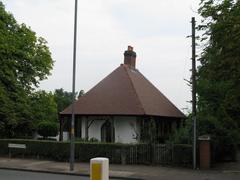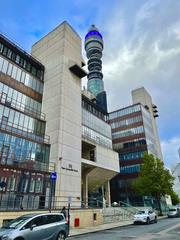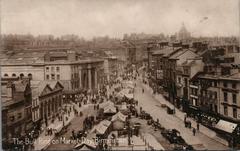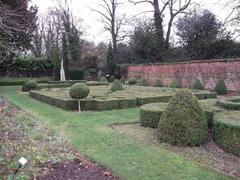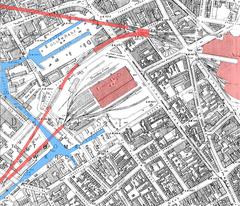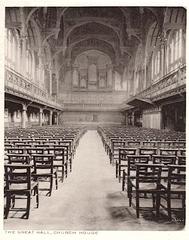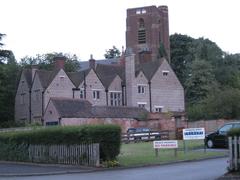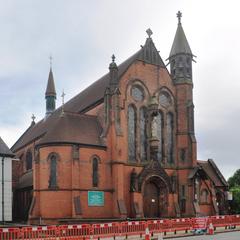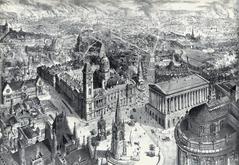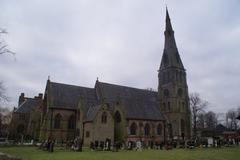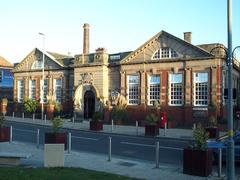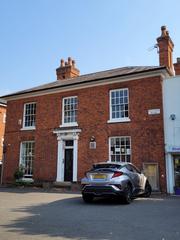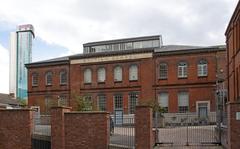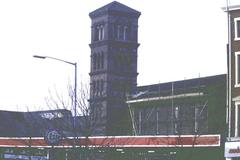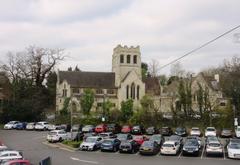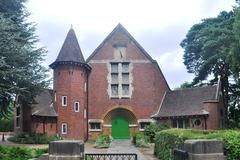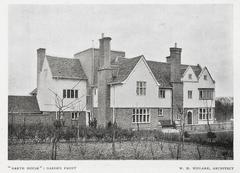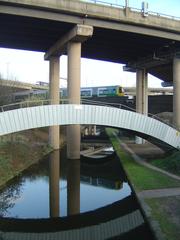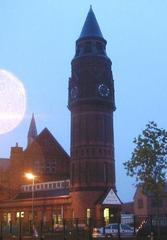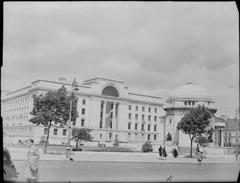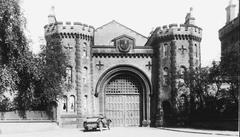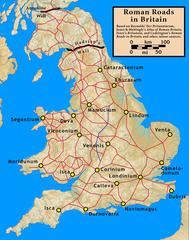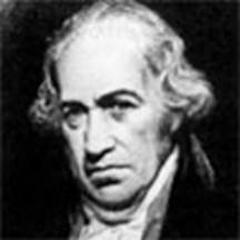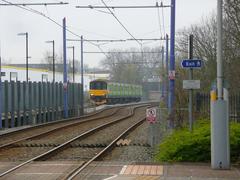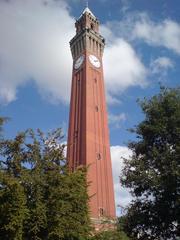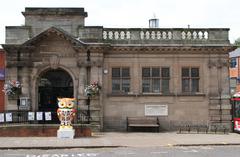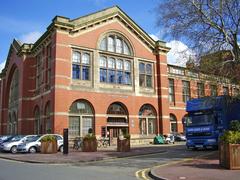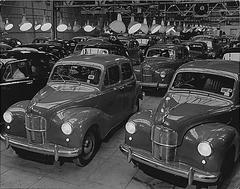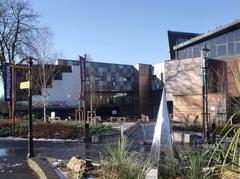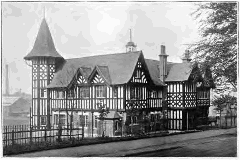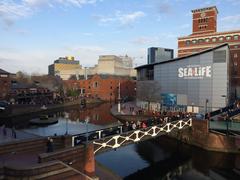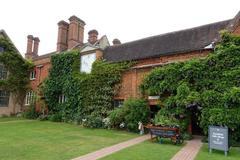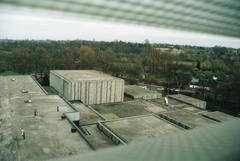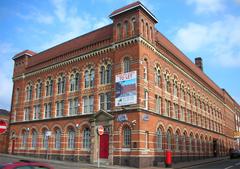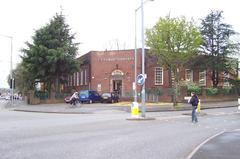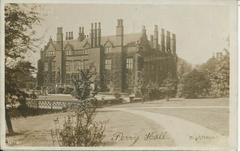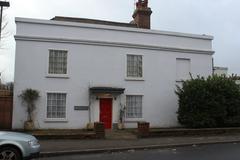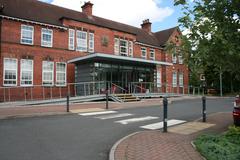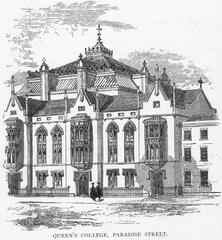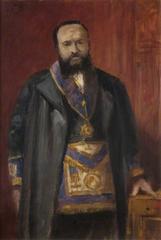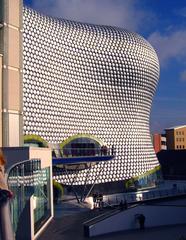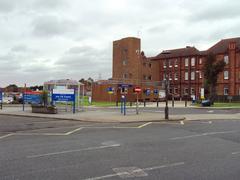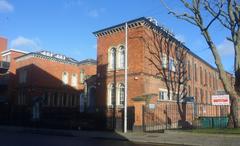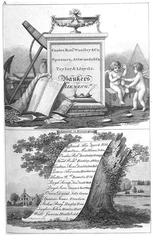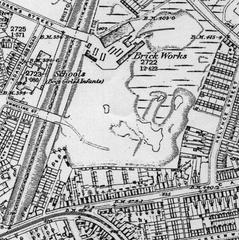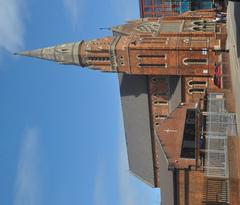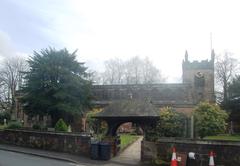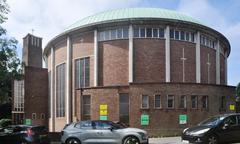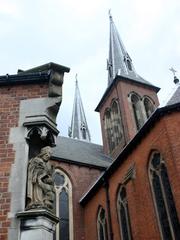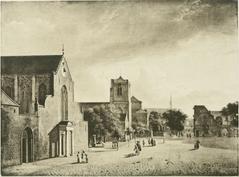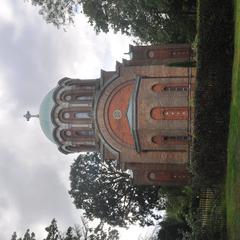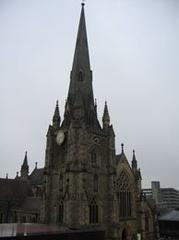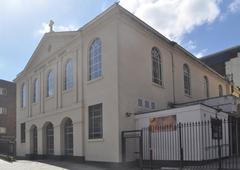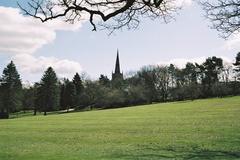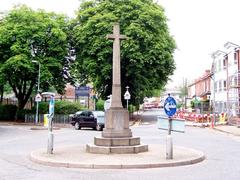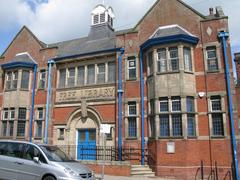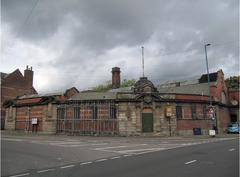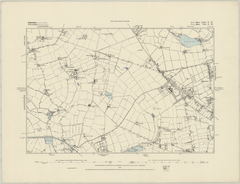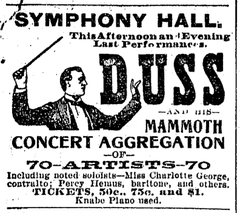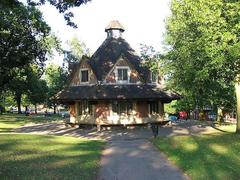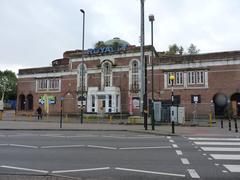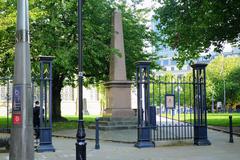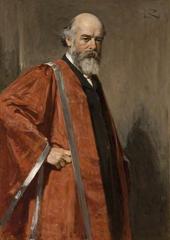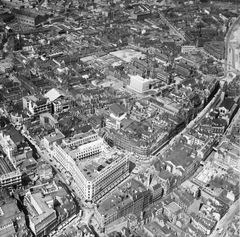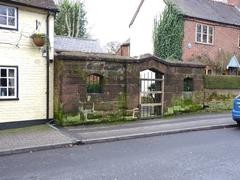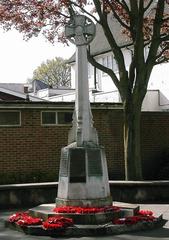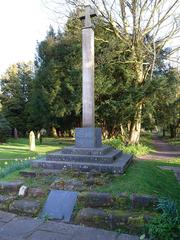Coffin Works Visiting Hours, Tickets, and Travel Tips
Date: 20/07/2024
Introduction
The Coffin Works, officially known as the Newman Brothers Coffin Furniture Factory, offers a fascinating glimpse into Birmingham’s rich industrial heritage. Established in 1894 by Alfred and Edwin Newman, this historic site is nestled in the heart of Birmingham’s Jewellery Quarter. The factory gained renown for its high-quality coffin fittings, such as handles, breastplates, and shrouds, serving prestigious clients including the Royal Family. The Coffin Works operated until 1998, preserving much of its original Victorian-era machinery and tools, which are now part of the museum’s exhibits. Visitors can explore the factory’s history, the intricate craftsmanship of the Newman Brothers, and the evolution of funeral customs through guided tours and interactive displays. This guide provides comprehensive information for potential visitors, from opening hours and ticket prices to accessibility and nearby attractions. (Historic England, Birmingham Museums Trust).
Table of Contents
- Introduction
- Origins and Early Years
- Expansion and Innovation
- The Golden Age
- Decline and Closure
- Preservation and Restoration
- Reopening as a Museum
- Significance and Legacy
- Visitor Experience
- Special Events and Guided Tours
- Educational Value
- Community Engagement
- Visitor Information
- Health and Safety
- Getting There
- FAQ
- Conclusion
Origins and Early Years
The Coffin Works, officially known as the Newman Brothers Coffin Furniture Factory, was established in 1894 by Alfred and Edwin Newman. Situated in Birmingham’s Jewellery Quarter, the factory quickly gained a reputation for producing high-quality coffin fittings, including handles, breastplates, and shrouds. The factory’s craftsmanship and attention to detail made it a prominent supplier to the funeral trade.
Expansion and Innovation
During the early 20th century, the Newman Brothers expanded their operations to meet the growing demand for their products. The factory was equipped with state-of-the-art machinery for the time, including presses, lathes, and polishing machines. This allowed the company to produce a wide range of coffin fittings with intricate designs and superior finishes. The factory’s commitment to innovation and quality helped it to secure contracts with prestigious clients, including the Royal Family.
The Golden Age
The mid-20th century marked the golden age of the Coffin Works. The factory’s products were in high demand, and the Newman Brothers continued to innovate by introducing new materials and designs. The factory’s workforce grew, and the company became a significant employer in the Jewellery Quarter. The factory’s products were used in the funerals of notable figures, including Winston Churchill and Princess Diana, further cementing its reputation for excellence.
Decline and Closure
Despite its success, the Coffin Works faced challenges in the latter half of the 20th century. Changes in the funeral industry, including the rise of mass-produced coffin fittings and the decline of traditional craftsmanship, led to a decrease in demand for the factory’s products. The Newman Brothers struggled to compete with cheaper alternatives, and the factory’s workforce dwindled. In 1998, after more than a century of operation, the Coffin Works closed its doors.
Preservation and Restoration
Following its closure, the Coffin Works faced an uncertain future. The factory’s historic significance and unique architecture made it a prime candidate for preservation, but it also required extensive restoration. In 2003, the Birmingham Conservation Trust acquired the site and embarked on a major restoration project. The goal was to preserve the factory’s original features, including its machinery, tools, and fittings, while also creating a museum that would tell the story of the Newman Brothers and their contributions to the funeral trade. (Birmingham Conservation Trust)
Reopening as a Museum
In 2014, after more than a decade of restoration work, the Coffin Works reopened as a museum. The museum offers visitors a unique glimpse into the history of the factory and the funeral industry. Guided tours take visitors through the factory’s workshops, where they can see original machinery in action and learn about the processes involved in making coffin fittings. The museum also features exhibits on the history of the Newman Brothers, the evolution of funeral customs, and the significance of the factory’s products.
Significance and Legacy
The Coffin Works is a testament to Birmingham’s industrial heritage and the craftsmanship of the Newman Brothers. The factory’s products played a significant role in the funeral industry, and its legacy continues to be celebrated through the museum. The Coffin Works is also an important cultural and educational resource, offering insights into the history of the Jewellery Quarter and the broader context of Birmingham’s industrial development.
Visitor Experience
Visitors to the Coffin Works can expect an immersive and educational experience. The museum offers guided tours led by knowledgeable guides who provide detailed information about the factory’s history and operations. Visitors can see original machinery in action, including presses and lathes, and learn about the techniques used to produce coffin fittings. The museum also features interactive exhibits and displays, allowing visitors to explore the history of the Newman Brothers and the funeral industry in greater depth.
Opening Hours
The Coffin Works is open from Wednesday to Sunday, with guided tours available at set times throughout the day. Check the official website for any changes or special holiday hours.
Ticket Prices
Ticket prices are approximately £7.50 for adults, £6.00 for concessions, and £4.00 for children. Family tickets and group discounts are also available. Tickets can be purchased online or at the museum entrance.
Travel Tips
Visitors are advised to arrive early to avoid crowds. Parking is available at the nearby Jewellery Quarter multi-storey car park, and the museum is accessible via public transport with the nearest bus stop at Vyse Street.
Nearby Attractions
Explore other historical sites nearby, such as the Museum of the Jewellery Quarter and the Pen Museum.
Accessibility
The Coffin Works is wheelchair accessible, and facilities are available for visitors with disabilities. For more detailed information, visit the accessibility page.
Special Events and Guided Tours
The Coffin Works hosts a variety of special events, including themed tours and workshops. Check their Events Calendar for the latest updates.
Educational Value
The museum offers educational programs for schools and groups, designed to complement the national curriculum. These programs include guided tours, hands-on activities, and educational resources tailored to different age groups. More information is available on the Coffin Works education page.
Community Engagement
The museum hosts workshops, talks, and special events that explore Birmingham’s history and heritage. Collaborations with local artists and organizations create unique cultural experiences that celebrate the city’s industrial past.
Visitor Information
Practical Information
- Location: 13-15 Fleet Street, Jewellery Quarter, Birmingham, B3 1JP
- Opening Hours: Wednesday to Sunday, with guided tours available at set times throughout the day. Booking in advance is recommended.
- Tickets: Admission fees apply, with discounts for children, students, and seniors. Purchase Tickets
- Accessibility: The museum is wheelchair accessible, and assistance dogs are welcome.
- Transport: Easily accessible by public transport, with several bus routes and the Jewellery Quarter train station nearby.
Photography
Photography is allowed throughout the Coffin Works, but the use of flash is prohibited to protect the artifacts. Visitors are encouraged to share their photos on social media using the hashtag #CoffinWorks. For those interested in professional photography or filming, prior permission is required, and additional fees may apply. More details can be found on the Coffin Works photography policy page.
Dining Options
While Coffin Works does not have an on-site café, there are numerous dining options within walking distance. The Jewellery Quarter is home to a variety of cafes, pubs, and restaurants catering to different tastes and budgets. Popular choices include the Button Factory and Saint Kitchen.
Souvenirs and Gift Shop
The Coffin Works gift shop offers a unique selection of souvenirs, including books, postcards, and locally made crafts. Many of the items reflect the history and themes of the museum, making them perfect mementos of your visit. The shop also stocks a range of Newman Brothers’ replica products, such as coffin handles and nameplates, which make for unusual and interesting gifts. The gift shop is open during museum hours, and purchases support the ongoing preservation of the site.
Health and Safety
The safety of visitors is a top priority at Coffin Works. The museum adheres to strict health and safety guidelines, including regular cleaning and maintenance of the site. Visitors are advised to wear comfortable footwear, as the tour involves walking and standing for extended periods. In case of emergencies, staff are trained in first aid, and there are clear evacuation procedures in place. For the latest health and safety updates, visitors can check the Coffin Works health and safety page.
Getting There
Coffin Works is conveniently located in Birmingham’s city center, making it easily accessible by public transport. The nearest train station is Birmingham Snow Hill, which is a 10-minute walk from the museum. Bus services also run frequently to the Jewellery Quarter. For those driving, there are several public car parks nearby, including the Jewellery Quarter multi-storey car park. Detailed directions and transport information can be found on the Coffin Works getting here page.
FAQ
What are the Coffin Works’ visiting hours?
The Coffin Works is open from Wednesday to Sunday, with guided tours available at set times throughout the day. Check the official website for any changes or special holiday hours.
How much are tickets to the Coffin Works?
Ticket prices are approximately £7.50 for adults, £6.00 for concessions, and £4.00 for children. Family tickets and group discounts are also available. Tickets can be purchased online or at the museum entrance.
Is the Coffin Works wheelchair accessible?
Yes, the Coffin Works is wheelchair accessible, and facilities are available for visitors with disabilities. For more detailed information, visit the accessibility page.
Can I take photos inside the Coffin Works?
Yes, photography is allowed, but the use of flash is prohibited.
Conclusion
Visiting the Coffin Works is not just an exploration of Birmingham’s industrial past but also a tribute to the craftsmanship and innovation of the Newman Brothers. The museum provides an immersive and educational experience, highlighting the significant role the factory played in the funeral industry. From its origins in 1894 to its preservation and transformation into a museum, the Coffin Works stands as a testament to the city’s rich history and cultural heritage. Whether you’re a history enthusiast, a student, or simply looking for a unique cultural experience, the Coffin Works offers a memorable visit that underscores the importance of preserving our industrial heritage. For more information, including visiting hours and ticket prices, please visit the official website. (Birmingham Conservation Trust, Historic England).
